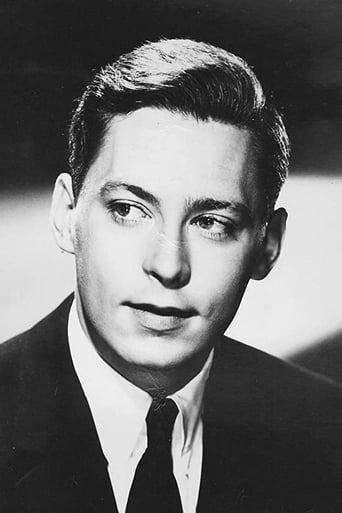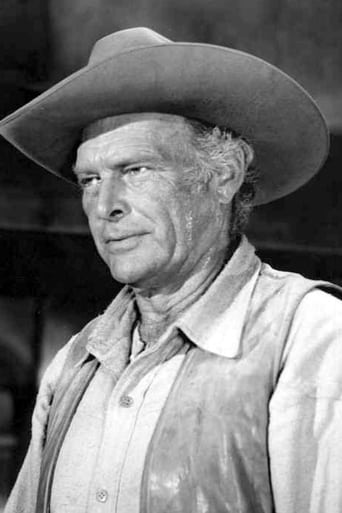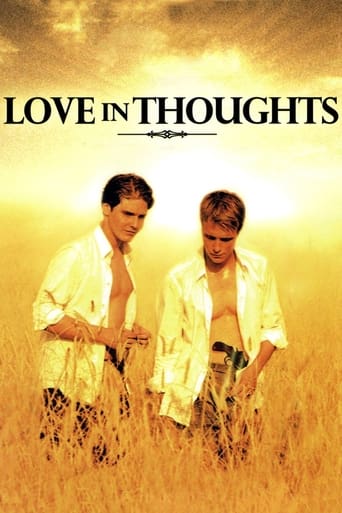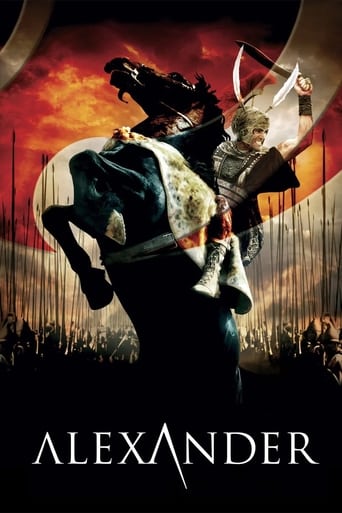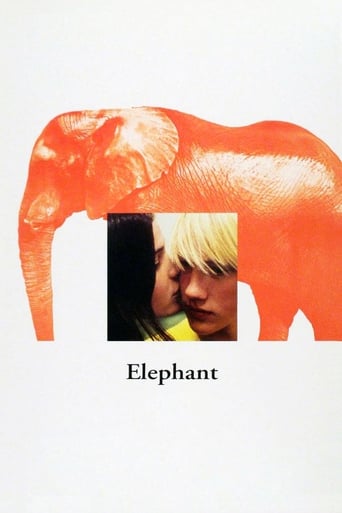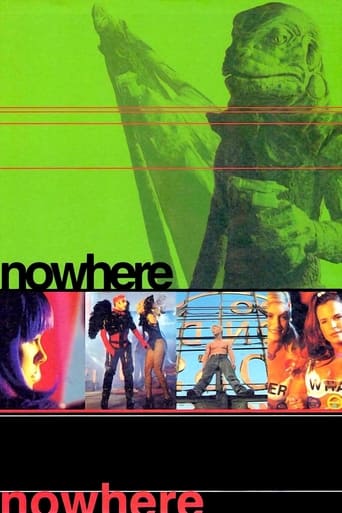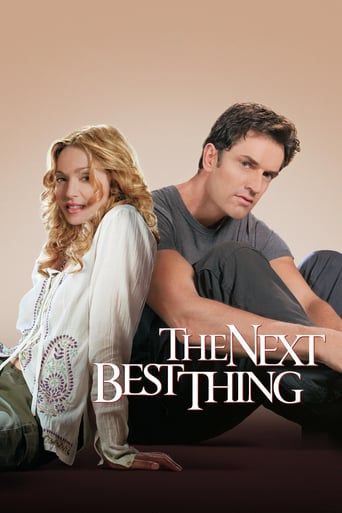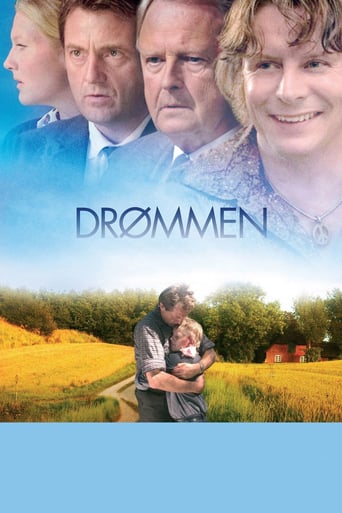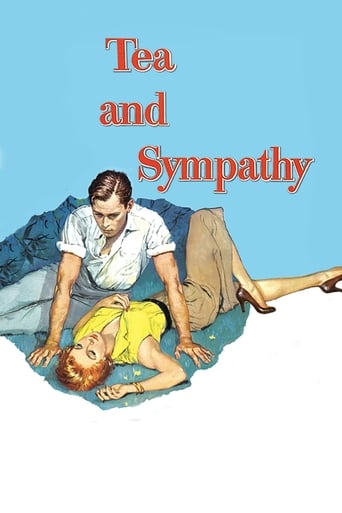
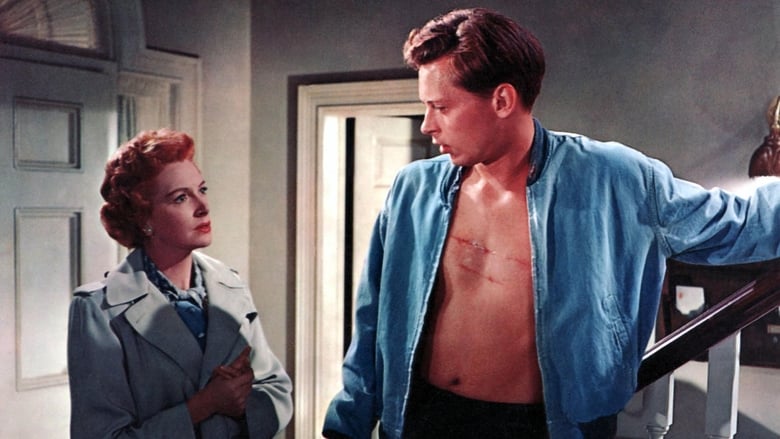
Tea and Sympathy (1956)
At a high school reunion, a middle-aged man recalls his boarding school days, when the only person who seemed to sympathize with him was his housemaster's wife.
Watch Trailer
Cast
Similar titles
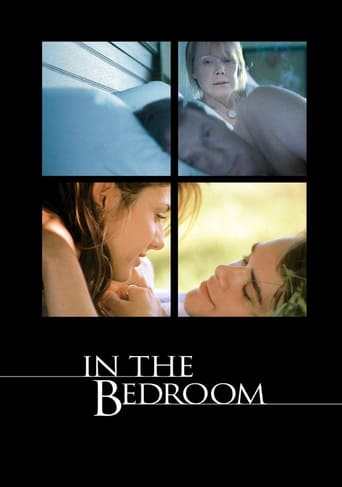
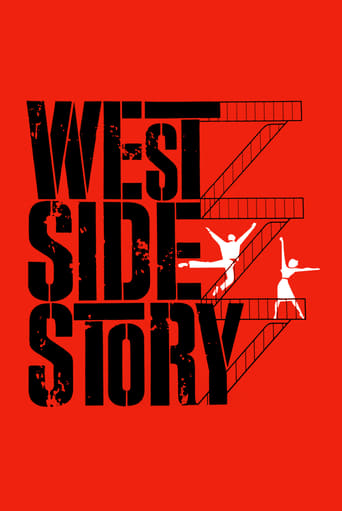
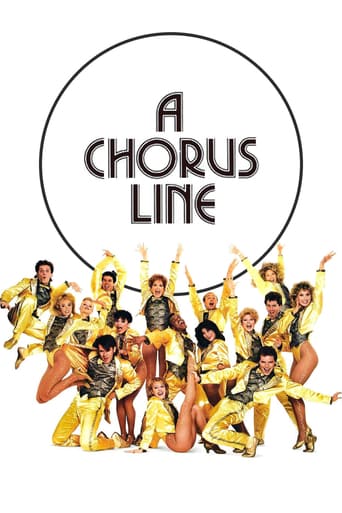
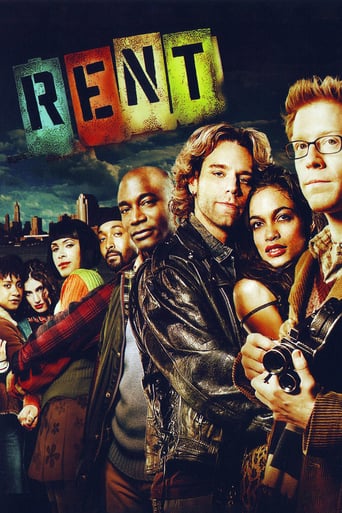
Reviews
Fantastic!
Absolutely Fantastic
Pretty good movie overall. First half was nothing special but it got better as it went along.
By the time the dramatic fireworks start popping off, each one feels earned.
Vincente Minnelli's "message" movie TEA AND SYMPATHY is excellently crafted with Golden Hollywood poise, rehashed for the celluloid by Robert Anderson from his own stage play, it reunites the original play's three leads, Deborah Kerr, John Kerr (no, they're not related) and Lief Erickson. In spite of its antediluvian views on masculinity, the film appositely re-surfaces as a searing melodrama zinging at today's intolerant world, where egregious persecution is wantonly inflicted on minorities and non-conformists.Tommy Lee (John Kerr) is a 17-year-old prep school student, he is ostracised by his jock classmates who coin him a sobriquet "sister boy", why? Because of his curly hair, his gait, his sewing skill, his inclination of classical music over sport and roughhouse (he excels in tennis though), he reads Voltaire's CANDIDE and the fact that he has never bragged about girls. All these facile symptoms can be nimbly dismissed as specious by a more rational mind (even in its time), like Tommy's roommate Al (Hickman), who always stands up for him but the real helping hand comes from Laura Reynolds (Deborah Kerr), wife of Tommy's macho coach Bill (Erickson), who is transparently not in line with his wife's sympathy over Tom. The title refers to the common "interested bystander" stance which Laura is advised to take being a woman in her position - "doesn't go beyond giving him tea and sympathy on Sunday afternoons".Bearing mockeries and mobbing from his peers, contempt and grudge from coach Bill and mounting pressures from his father Herb (Andrews), Tommy starts to unravel in spite of Laura's intransigent support and growing affection, in a last-resort attempt to prove his manhood, he arranges a rendezvous with the local loose girl Ellie (Crane, a chain-smoking waitress depicted with a broad and vulgar stroke), Laura overhears it and in her last-resort attempt to pre-empt a disastrous wind-up, she puts on her fancy blue dress and manoeuvres a tête-à-tête to procrastinate Tommy's action, during which she discloses the death of her late first husband, who died young just because he was trying to prove something that he needn't proving, so as to convince Tommy that he shouldn't follow the same old road to ruin. Here, Laura's motivation has been cogently vindicated, she has been a victim of the bigotry and prejudice of the rank masculine and patriarch society, so how can she just sits and doles out her tea and sympathy?Nevertheless, Laura doesn't stop the disaster since she backs off from Tommy's desperate advances which later she regrets, also because obviously, the story needs something more dramatic to grab the attention and up the ante, yet, the movie is cleverly introduced through the lyrical recollections of Tommy a decade later in a classmate reunion, so Minelli assures audience in the very beginning that Tommy comes safe and sound out of his trials and tribulations unjustly cast upon him. In the beautifully arranged woodland scene, as if in a dreamlike fairy land, Laura comforts a distraught Tommy who has survived a suicidal attempt, with her kiss, the purest and tenderest kiss from a woman to a sensitive young man on the cusp of adulthood and whose nature is in the danger of being cruelly oppressed, even not being typecast as a nun, Ms. Kerr's Laura continues carrying out the name star's holy mission to save lives. There is gratitude in that kiss too, through Tommy's predicament, Laura finally can face up the marital hurdles between her and Bill under the surface of superficial harmony and make a right decision for her own sake.John Kerr is another young talent whose acting career failed to launch after a promising start, he fleshes out Tommy's vulnerability, sensitivity and perplexity, but righteously opts not to emphasise on queer mannerism, in fact, he is fairly attractive as an object of desirable for girls (and boys too, of course), the trenchant irony is just self-evident when Al tries to correct Tommy's unorthodox walk, those accusations are so inadequate and ridiculous. Fault-finding can flourish on everything and anything, which soundly advices us to nurture a discerning eye in lieu of hastily jumping on the bandwagon. Character players Leif Erickson and Edward Andrews, the former lands a meaty supporting role as the narrow-minded coach, in every step, he manages to show beyond doubt that Bill is unworthy of Laura's merits, and possibly, he is a deep-closeted homosexual himself, Erickson's butch appearance holds sway in a ghastly dislikeable role; as for the latter, in his more nuanced brew of pleasantry and angst, Andrews comes out as a more assured propeller to push Tommy into the abyss.In retrospect, 1956 should have been Ms. Kerr's Oscar-reaping year, only if she were nominated for this film instead of the hyped pap THE KING AND I (1956), as much as I worship Ms. Ingrid Bergman, her Oscar-winning performance in ANASTASIA (1956) is no rival compared with Ms. Kerr's consummate cri-de-coeur against the omnipresent scourge lurking underneath every imperfect soul. Ms. Kerr is such a pioneering "queer" icon to be reckoned with, especially in view of a less liberal era, whose legacy and glamour need to rediscovered by younger LGBTQ generations, forever dignified, you can never sense a tint of condescension in her refined presence, and her Laura Reynolds, what a courageous woman and what a tour-de-force to witness!
The reviews here of this film are either very supportive of the film, or very dismissive of the film. I was pleased to see more that are supportive, but unfortunately there are quite a few people out there that just don't get it.In age where over a dozen states now have gay marriage, it is virtually impossible for anyone younger than -- well, let's say 50 -- to understand the time which this film depicts. Stonewall was 16 years in the future. The vast majority of gay men were totally closeted. You cannot compare the gay world of 1956 with the gay world of 2013. This film takes place in the era when men were (supposed to be) men. Many people were so dense about gay life that they couldn't conceive of Liberace being gay (and this play came about just as Liberace was coming into our living rooms every week); but few "saw" it...or wanted to see it...or wanted to admit it. So for those of you who want to put down this movie as being unrealistic...it wasn't that unrealistic in the mid-1950s. In fact, for its time, this was a rather daring film, and apparently had difficulties with the motion picture production code.It's very easy to attribute some of the film's misguidedness to the stereotypes that we see here. But, often stereotypes become so because of a degree of accuracy. The young man depicted in this film is marching to a different drummer, at a time when not many people did. The most interesting question the film brings up -- and doesn't answer -- is whether or not the young man was actually gay. It seems as if he was, or perhaps he was just not ready to take on an active heterosexual life. Perhaps he was closeted. It's ambiguous. The father's attitudes are not that off-base when you consider that the character was born not long after the turn of the last century! Get a little historical perspective. If there is one character here who is outlandish, it's probably Leif Erickson's coach-role...dripping with testosterone, when it really makes him and the other "boys" look too involved with guy-stuff. Deborah Kerr here is so good...as some have pointed out, a little stage-play-ish...but I guess that was to be expected after having played the role on Broadway for so long. In fact, there are some problems with her character...getting overly involved and overly mothering. Personally, I thought John Kerr...well, either he was overacting in some of the most psychological scenes, or he was falling back on the way one has to act on a large stage in a huge theater. Edward Andrews...well, as the father I guess he was supposed to be smarmy...and he certainly was. It was nice to see a more adult Darryl Hickman; for my money, Hickman was the finest of the child actors of the whole era, but as a young adult he wasn't as convincing.I'm glad I watched this film, but that's not to say that I didn't find it just a bit tedious. It was probably a bit overly long, coming in at over 2 hours. I can't say this was Vincente Minelli's greatest accomplishment as a director. But if you want to get a little historical perspective on the issue of gayness in the old days, this may be as good as anything else out there.
Imagine that there was a time where homosexuality was actually referred to as sister's boy. That's what we find in this interesting 1956 film.John Kerr, who passed away this month at 81, was always at his best in his rather brief career, when he was vulnerable and subject to the taunts of other. We would see this again the following year when Kerr starred in Rogers and Hammerstein's "South Pacific."Unable to fit in with the school he is attending, he finds solace in the hands of the schoolmaster's wife, so ably played by Deborah Kerr, at her usual whining best.Look for Norma Crane here as the chain-smoking prostitute. Crane, born Anna-Bella Zuckerman, in real life was quite a versatile actress. 15 years after this film, she would play Golda, Tevye's wife in that magnificent 1971 film-"Fiddler on the Roof."As for "Tea and Sympathy," it's still another example of how homosexuality was viewed by a society.
I read the play when I was Tom Lee's age and deeply closetted, and it had a devastating effect: "At last someone understands: just because I'm not like the others doesn't mean I'm - heaven forbid - gay." I thought the play was great - liberating, even.I saw the film (on TV, with distractions) some 25 years after it was made, myself on the brink of coming out, and noted that it was much less clear that it was about homosexuality than the play had been. Tom's sexual orientation had been blurred down to the question of whether he was "a regular guy" or not. Key speeches like Laura's challenge to Bill's sexuality were missing. And Laura's letter at the end seemed just moralistic, and an obvious sop to the censors.To see the film today, out and proud, and with the benefit of nearly 50 years of hindsight, I find myself agreeing with many of the comments above, both positive and negative. The film is hard to watch because it is so overwrought. That is easier to understand when you know that all three leads are reprising their stage roles. Even so, there is a desperate tension running right through it. With the possible exception of the faculty wives, not a single person in it is comfortable with their sexuality. The guys are, without exception, over-anxious to prove something, and Laura is frustrated. (Ellie Martin at least knows what she wants - a radio that works - and what she wants to pay to get it.) Overlaid on this, nothing can be explicit, everyone talks all the time in circumlocutions. Of course, that was the rule in films of those days, and possibly real life as well. Therein lies a contradiction that can only be resolved from outside the film and in its future, now. The film was trying to liberate people like me (and heterosexual non-conformists) while staying within the confines of a deeply closetted and homophobic film industry.Should you see this film? As a piece of gay history, perhaps. As a commentary on a homophobic time, it is instructive, both for what it says and doesn't say. As a worthwhile drama that will involve you in its issues, no. Has it anything worthwhile to say, as someone says above, about the importance of love? If you concentrate on Deborah Kerr's performance and her predicament, perhaps, but it's like watching a beautiful butterfly struggling in a pitcher-plant.

